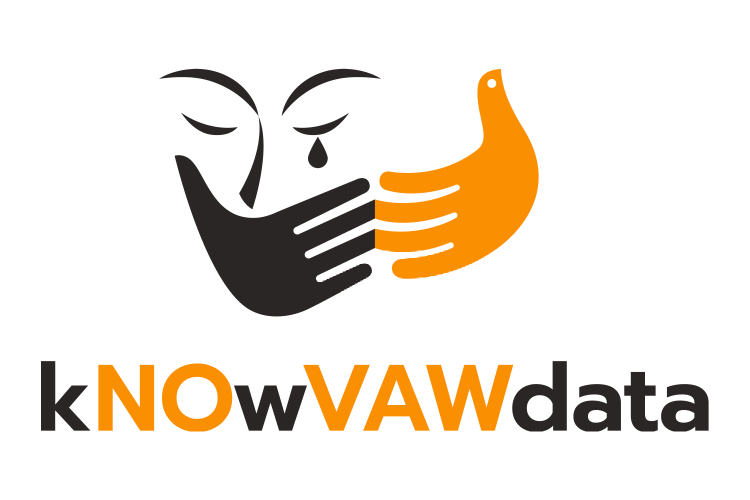Knowledge Hub

The Knowledge Hub provides links to resources supporting the measurement of violence against women and has been funded under the Pacific Spotlight Initiative. While starting with a primary focus on Pacific resources and global resources which are applicable for the Pacific region, the Knowledge Hub will continue under the UNFPA kNOwVAWdata initiative to support global knowledge exchange and a strong community of practice. The strength of this Knowledge Hub is the opportunity to share resources and support all regions of the globe.
If you would like to share links to be added to the Knowledge Hub, please send them to knowvaw-program@unimelb.edu.au.
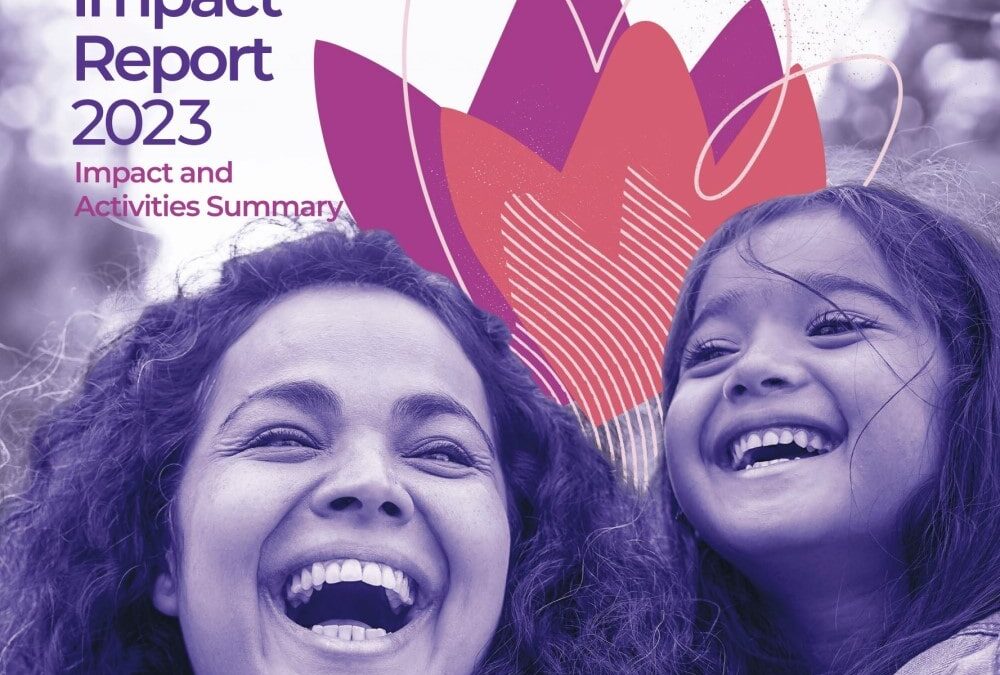
Annual Impact Report 2023 from Women’s Aid
Every year the Women’s Aid Annual Impact Report serves as a harrowing and poignant reminder of the level of domestic violence and abuse against women and children that prevails in homes and relationships across Ireland. Unfortunately, 2023 was no different. This report provides an insight into the coercive and controlling emotional, physical, economic, and sexual abuses inflicted upon women and their children at the hands of current and former intimate partners, whom we supported during just...

Background paper: A synthesis of evidence on the collection and use of administrative data on violence against women
This background paper was developed to synthesize evidence, including divergent expert opinions, on the collection and use of VAW administrative data. It was used as the technical document for an Expert Group Meeting (EGM) on Administrative Data on Violence Against Women convened in September 2019 by UN Women. The background paper and the discussions and recommendations coming out of the EGM will inform the development of global guidance on the collection and use of VAW administrative data.
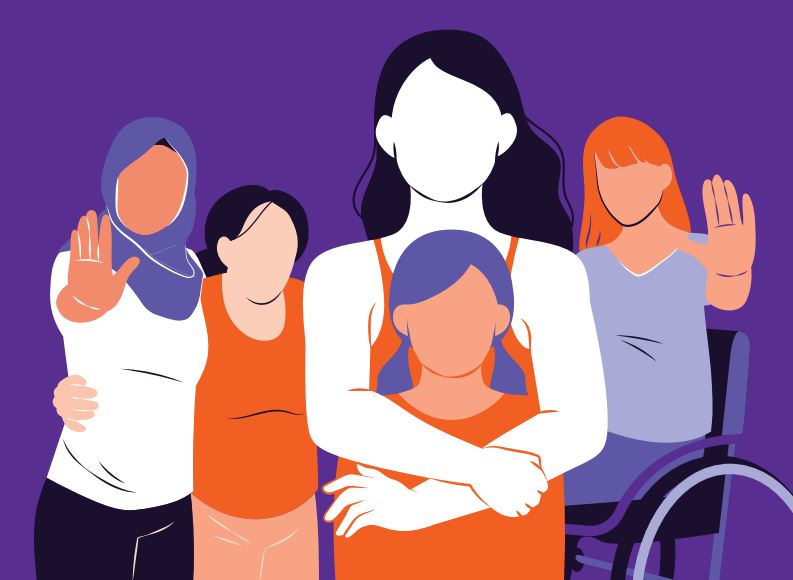
National Study on Violence against Women in Georgia 2022
UN Women teamed up with the National Statistics Office of Georgia (GEOSTAT) to conduct a second nationwide study on violence against women in Georgia in 2022. Building on the initial study in 2017, the 2022 survey significantly expanded its methodology to include additional forms of intimate partner violence, non-partner violence, sexual harassment, stalking, as well as attitudes and social norms related to violence against women. A total of 3,300 women and 1,104 men were interviewed across...
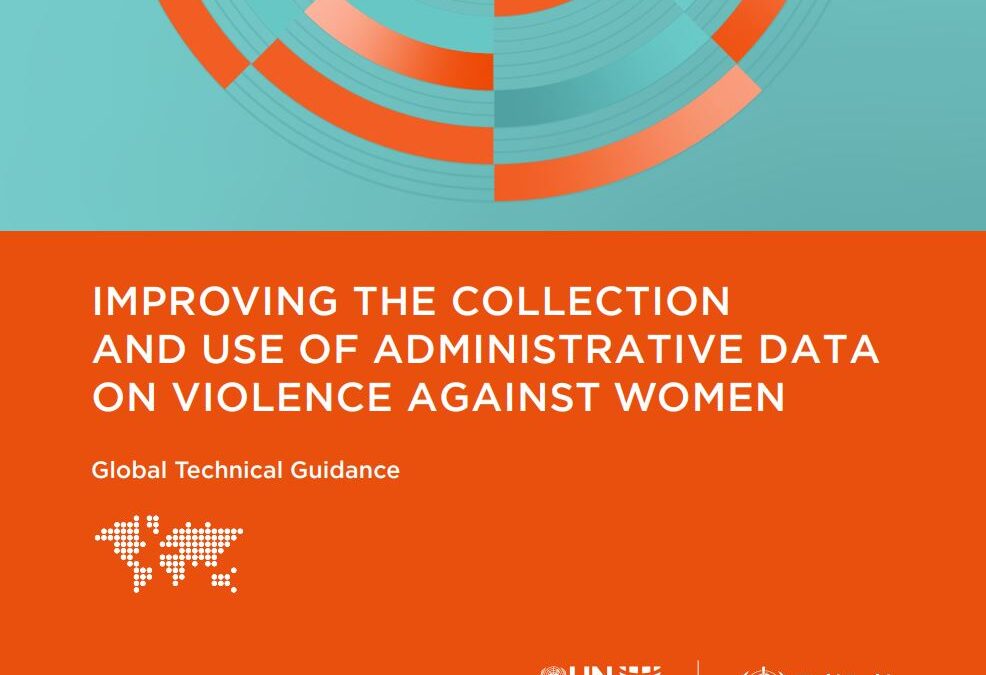
Improving the collection and use of administrative data on violence against women: global technical guidance
This global technical guidance has been developed by the United Nations Entity for Gender Equality and the Empowerment of Women (UN Women), in partnership with the World Health Organization (WHO) through the Joint Programme on Violence Against Women Data and with invaluable advice from an advisory group of experts from UN agencies as well as independent experts.

Children and Young People Bereaved by Domestic Homicide
This brief report conveys key findings from the study “Children and young people bereaved by domestic homicide: Understanding home, relationships and identity,“ with a focus on Australia.
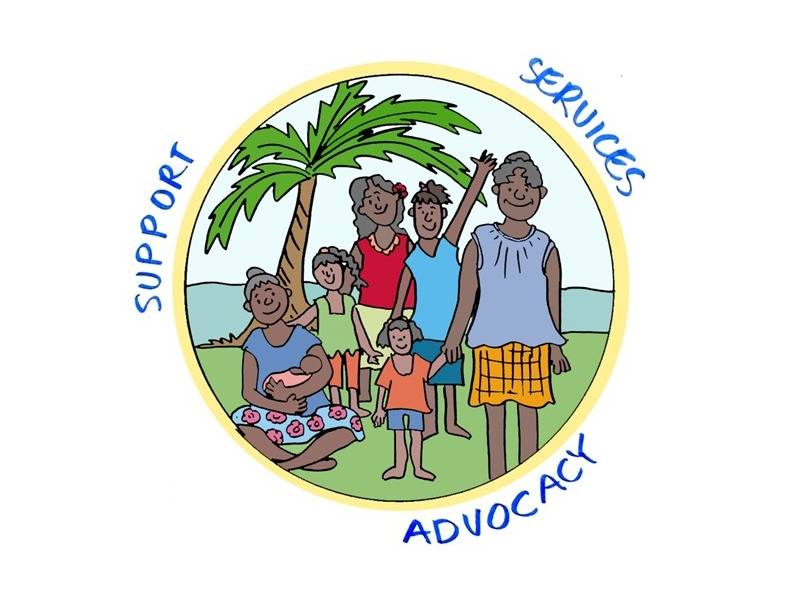
Gender-based Violence Administrative Data Toolkit
Toolkit and templates for multi-sector data collection on gender-based violence. Designed in collaboration with Pacific multi-sector organisations.
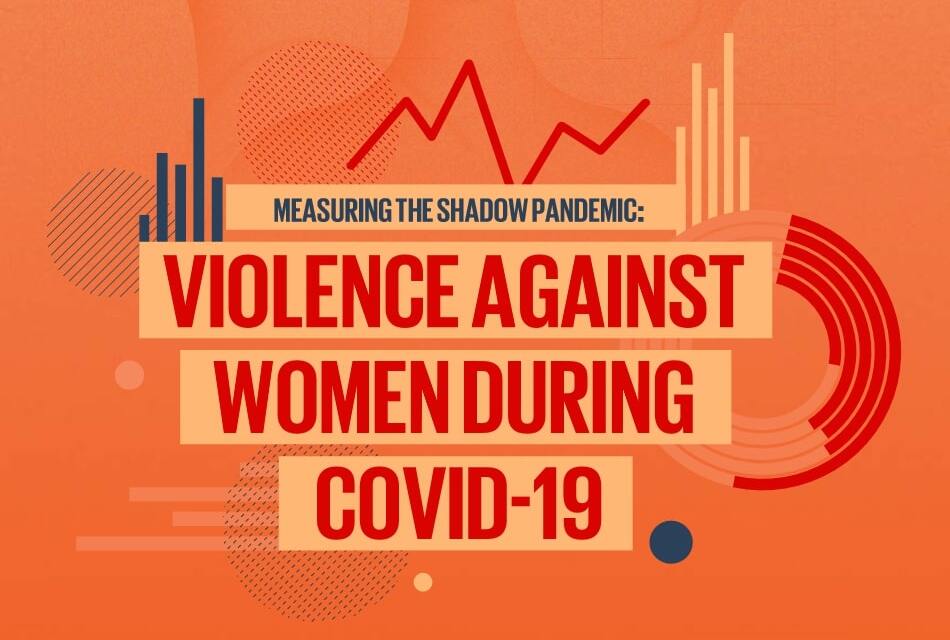
Measuring the shadow pandemic: Violence against women during COVID-19
This publication compiles and analyses the results of Rapid Gender Assessment surveys on the impact of COVID-19 on violence against women (VAW RGAs) in 13 countries.
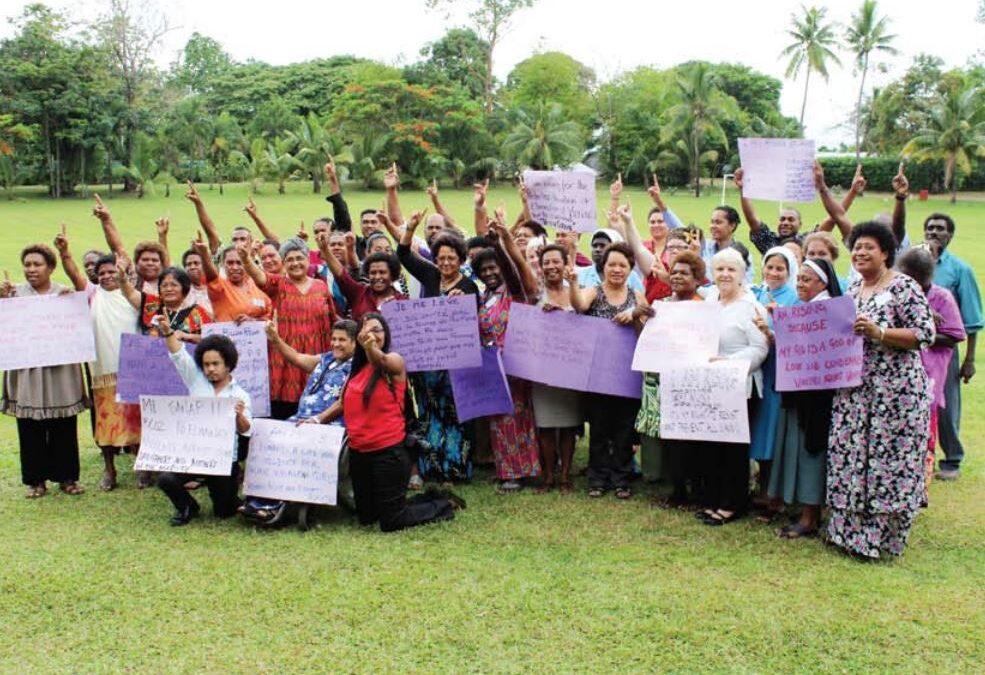
Somebody’s Life, Everybody’s Business! National Research on Women’s Health and Life Experiences in Fiji (2010-2011)
Somebody’s Life, Everybody’s Business is a national research on women’s health and life experiences in Fiji (2010/2011). It is a survey exploring the prevalence, incidence and attitudes to intimate partner violence in Fiji.
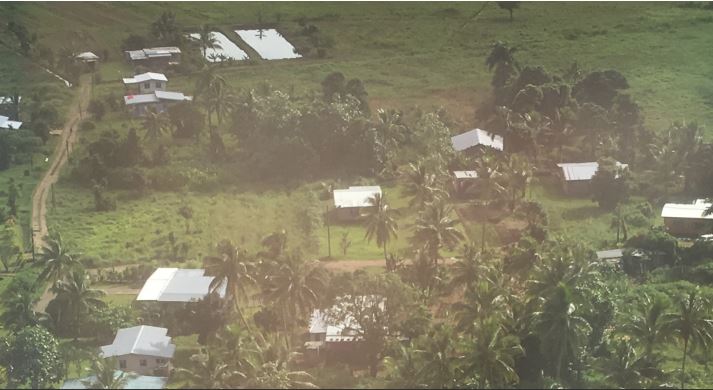
Exploring Multidimensional Poverty in Fiji: Findings from a Study Using the Individual Deprivation Measure
The Individual Deprivation Measure (IDM) is a new, gender sensitive and multidimensional measure of poverty. The measure assesses deprivation at the individual level, in relation to 15 key dimensions of life, making it possible to see who is poor, in what way and to what extent. This study explores what additional insights could be gained by individual-level, gender-sensitive poverty measurement in Fiji

Swimming Against the Tide: Lessons Learned from Field Research on Violence Against Women in the Solomon Islands and Kiribati
Lessons Learned from Field Research on Violence Against Women in the Solomon Islands and Kiribati
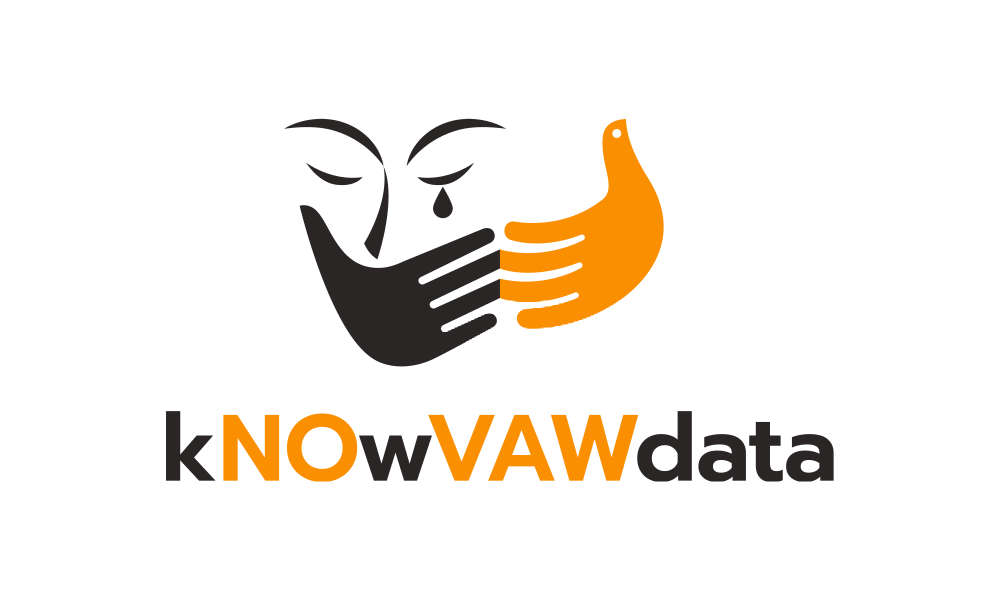
Indicators on Violence Against Women: kNOwVAWdata’s overview of the Sustainable Development Goal indicators on violence against women
kNOwVAWdata's overview of the Sustainable Development Goal indicators on violence against women
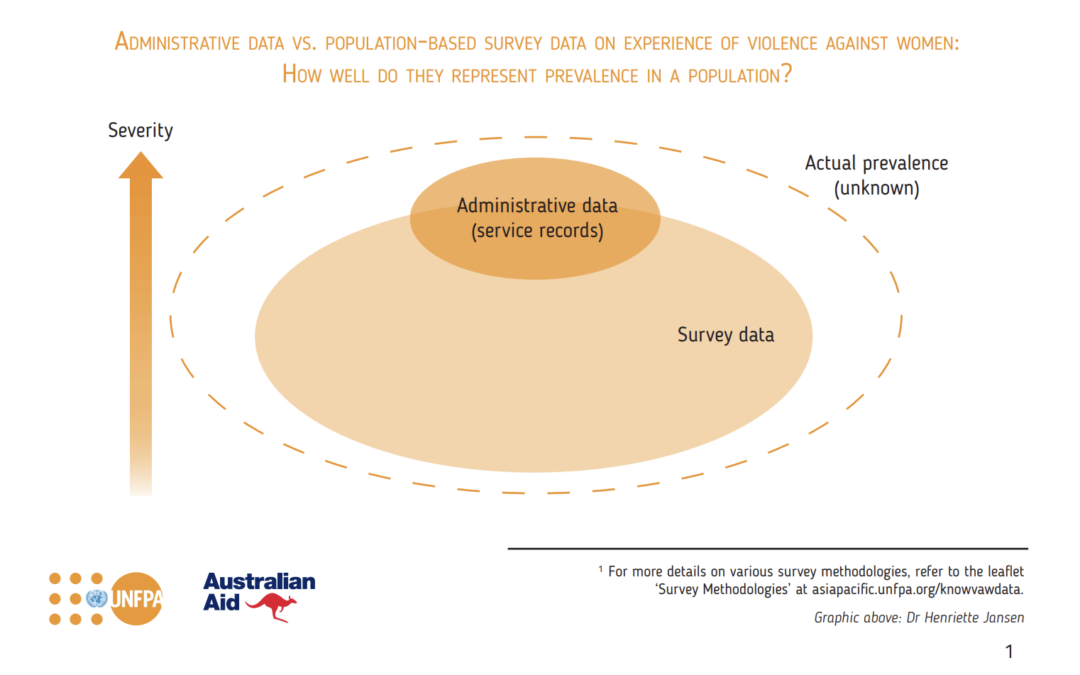
Sources of Violence Against Women Data – kNOwVAWdata
As this leaflet sets out to show, administrative data, while having their utility as a source of information on violence against women, cannot provide an estimate of the prevalence of violence against women taking place within a population.
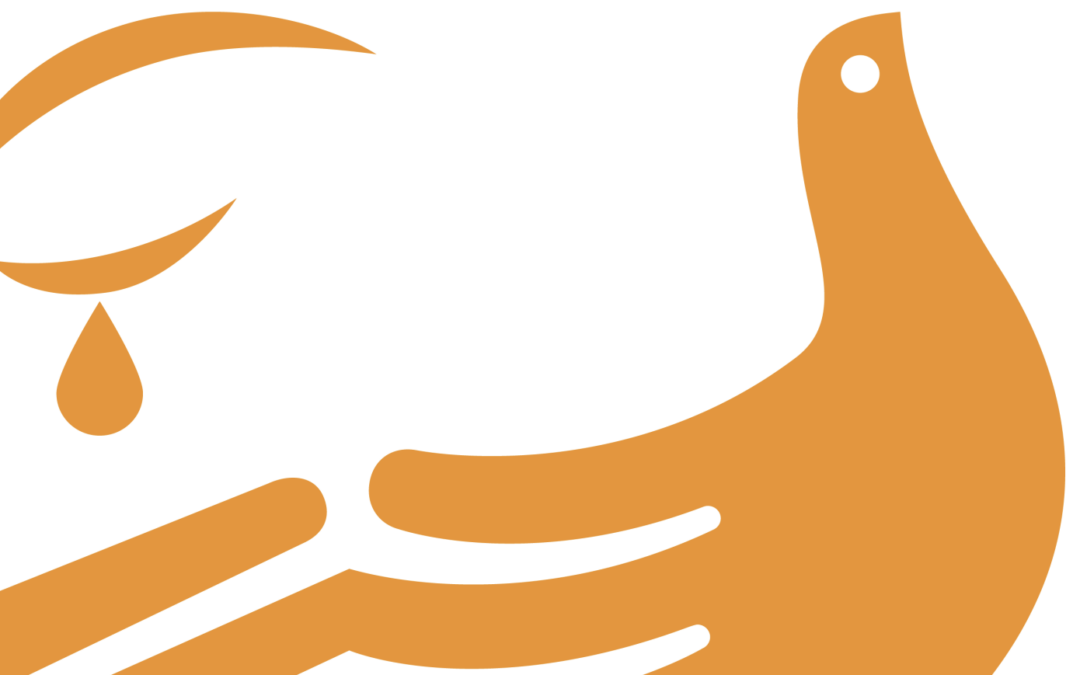
Violence Against Women Key Terminology: kNOwVAWdata’s explanation of commonly used terminology related to violence against women
kNOwVAWdata's explanation of commonly used terminology related to violence against women

Measuring the Prevalence of Violence Against Women Survey Methodologies – kNOwVAWdata Survey Methodologies
Surveys are the only way to collect data on the prevalence of violence against women (VAW) and thus to get an estimate of the magnitude of the problem in the population. There are two major approaches to collecting population-based data on violence against women using surveys; dedicated surveys or a set of questions/modules added to a large-scale survey.
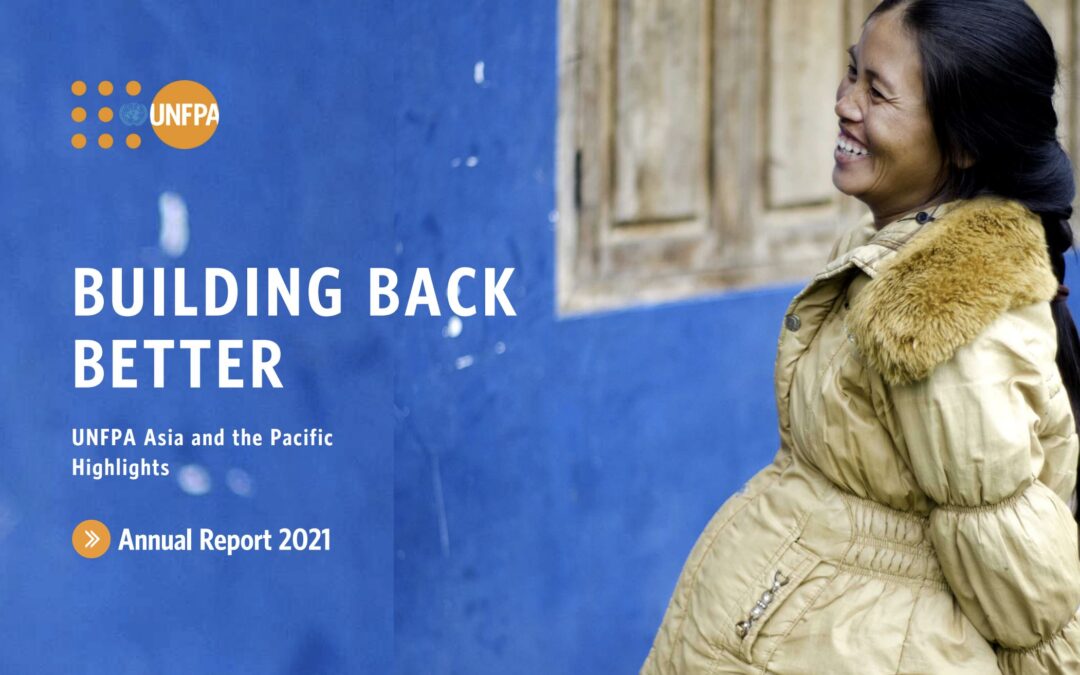
Annual Report 2021: UNFPA Asia and the Pacific
UNFPA across Asia and the Pacific outlining progress towards our transformative results of zero maternal deaths, zero unmet need for family planning, and zero gender-based violence and harmful practices against girls and women.

Putting Women First
Ethical and Safety Recommendations for Research on Domestic Violence Against Women
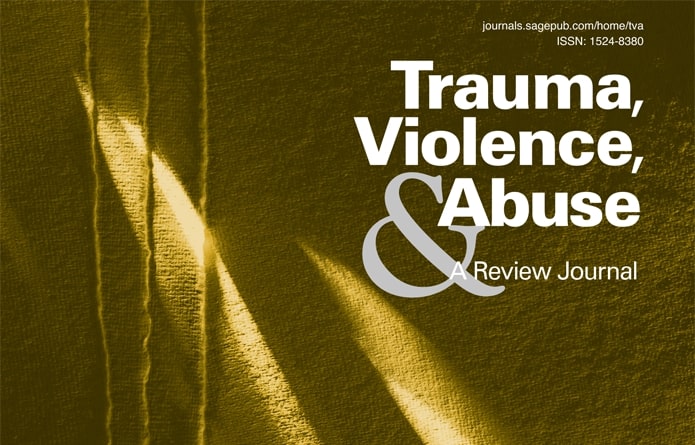
Survey data sets pertinent to the study of intimate partner violence and health
This article describes some currently available survey data sets that contain information regarding women's experiences of intimate partner violence and health, identifies a number of the strengths and limitations of these data sets, and makes recommendations concerning the types of survey data that should be gathered in the future to help move the field forward.
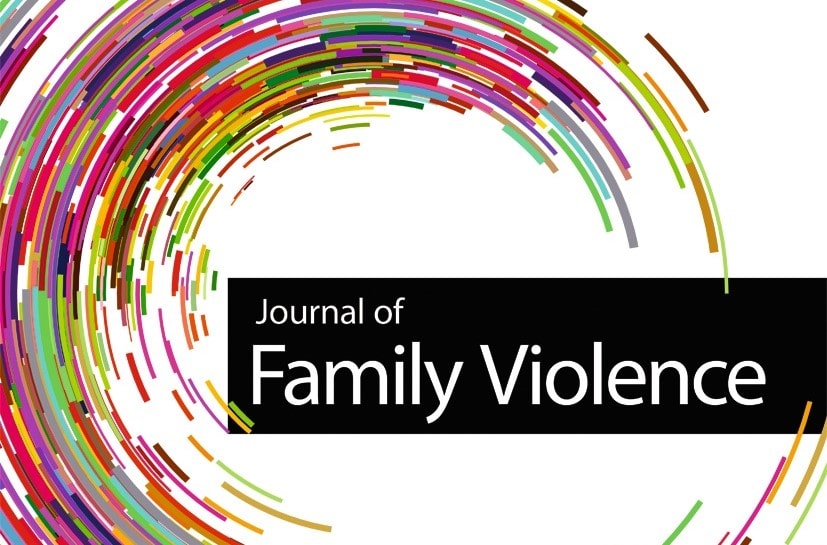
Intersectionality and Invisible Victims: Reflections on Data Challenges and Vicarious Trauma in Femicide, Family and Intimate Partner Homicide Research
This article draws upon the experiences of four researchers in the field of femicide, family and intimate partner homicide - and offers insights into processes, impacts and unintended consequences of fatality reviews and research initiatives
